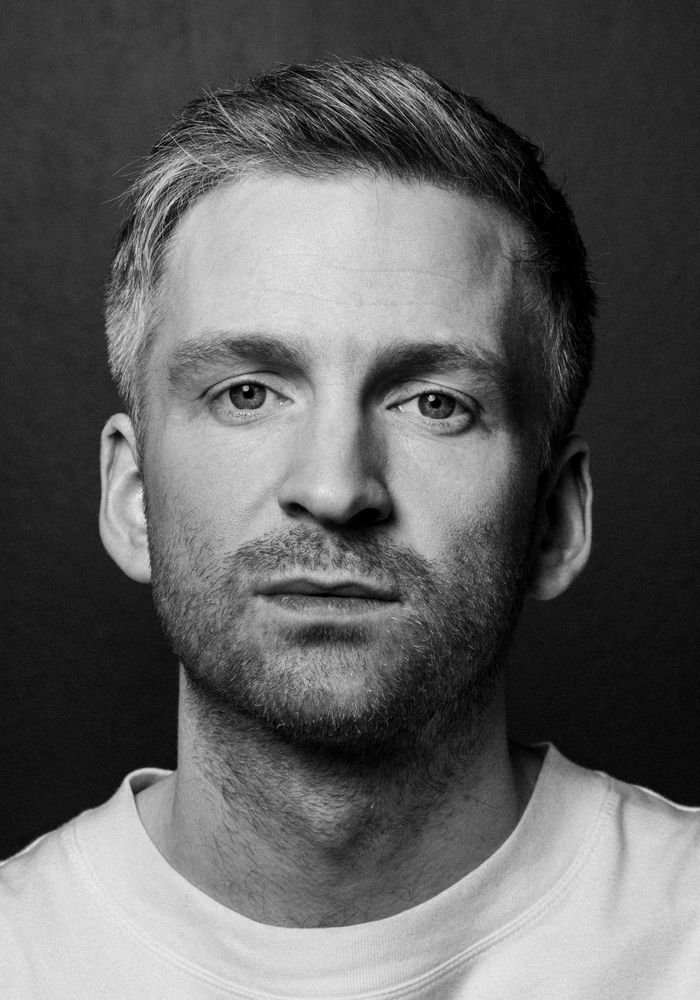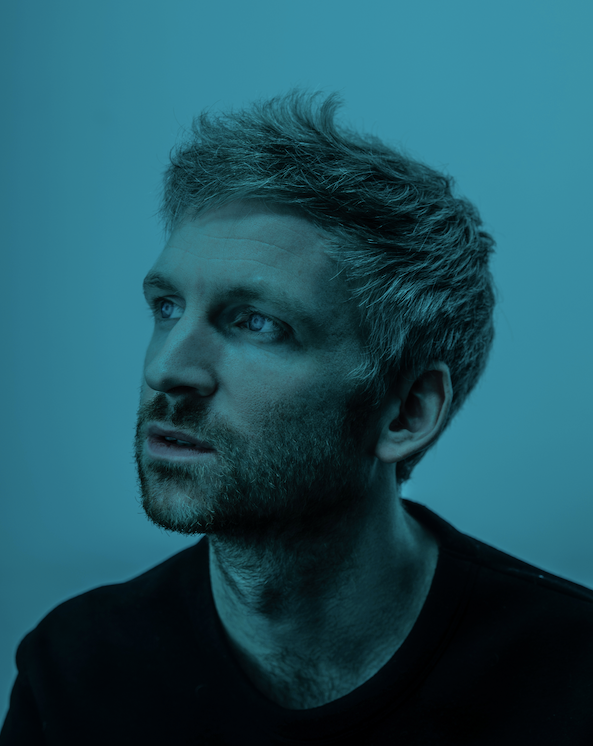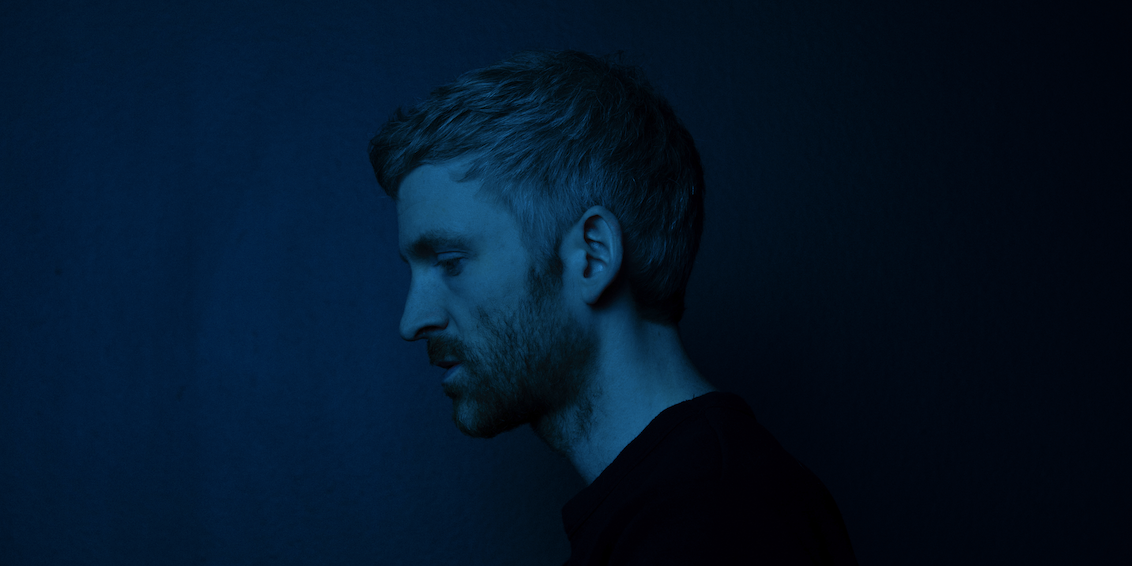The success story of hardcore-metal drummer turned neoclassical composer and pianist Ólafur Arnalds is perhaps an unlikely one, yet it takes another fascinating turn as the BAFTA-winning musician releases his new film on Amazon Prime, When We Are Born. Headliner catches up with Arnalds to discuss the creation of his stunning live performance film, how his influence is being heard in the strangest of places, and his thoughts on fake Icelandic composers in Spotify playlists.
Beyond his BAFTA win for his music for ITV’s Broadchurch and his significant discography making him one of the neoclassical music scene’s main pioneers and luminary figures (his breakthrough was parallel with the likes of Nils Frahm and Dustin O’Halloran), recent years have seen his success extend to headlining The Royal Albert Hall in London, a curated-takeover festival at the Southbank Center, and the release of his fifth full LP (amongst a myriad of soundtracks and shorter collections), the as-ever beautiful some kind of peace.
Headliner mentions a recent conversation with O’Halloran, who recently moved to Iceland and found it a relatively lovely place to be in the midst of a global lockdown. Has Arnalds’ experience been the same in his native Reykjavík, the country’s capital?
“It [the pandemic] goes by ‘the plague’ here,” he says with a laugh. “I would say it's been a relatively nice place to be. Dustin is actually in my old studio. I passed my old studio to him as he was moving to Iceland, which is on the floor above me.
"So he's probably sitting above my head right now. We haven't had too many Covid cases, but then Iceland is an island. It's quite easy to isolate from the rest of the world. But we’ve vaccinated about 98 per cent of the country!
“There's very little political polarisation here, so very few conflicting ideas of how to handle all this. It's actually not in the hands of politicians. It’s down to a committee they created to distance politics from it. It's been handled in a very common sense way.”
Headliner can’t resist asking Arnalds for a little retrospective on how this tiny community of neoclassical composers have become among the most imitated musicians in the world, and the unlikelihood of everything from bank adverts, to Katy Perry songs, to films taking on elements of the neoclassical sound.
“It's definitely been a really interesting trajectory,” he says. “It's somehow exploded. I think it's largely thanks to people’s different ways of listening to music these days. We kind of got rid of the radio jockey. So we don't need approval from someone who works at the national radio for anyone to hear my music, because it's on Spotify.
"And if your algorithm knows that you like piano music, you're gonna find more of it. I really think this changed everything for us because we would never have been played on the radio. This new way of listening to music has allowed us to become a genre that is not just some really niche thing, but actually semi-mainstream.”






